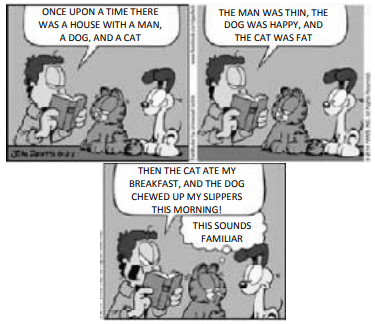Why Climate Change Could Mean
More Delayed Flights
No one enjoys a delayed flight, but as our weather gets
warmer, we can expect more of them.
That's according to experts, who say that the heat of the
summer might cause more delays.
Bloomberg looked at US data for flight delays at airports in
Chicago and New York from June to August in 2022 and from
January to March in 2023. It found that there were more
delayed flights in the summer months at both airports.
When the temperature rises above 39 degrees Celsius,
things get very difficult for airlines, Bijan Vasigh, a professor
at Embry-Riddle Aeronautical University in the US,
told Bloomberg.
The air is thinner when it gets hot and that makes it harder
for planes to take off. In thinner air there is not as much lift, so
more power is needed.
When they need more power, it helps to have a lighter
airplane.
That might mean pilots have to make last-minute decisions
to reduce the weight on board by dumping fuel, passengers
or baggage — meaning the plane will probably be delayed.
The problem gets worse at airports that are at a higher
altitude where the air is already thinner, and at airports with
short runways, since planes need more space to get up to a
high speed.
But thin air is not the only problem. Smoke from wildfires —
that have been happening all around the world in the summer
of 2023 —can also cause flights to be delayed and canceled.
Of course, the summer is also a busy time when millions of
people fly, and weather is not the only cause of delays — but
our hotter climate doesn't seem to be helping.
Internet: Engoo

